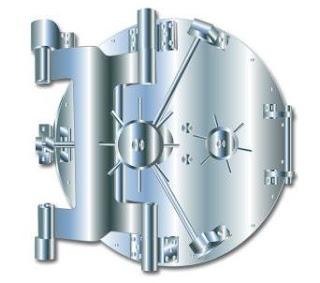In Malaysia, there is a system established by
the Government to protect depositors against the loss of their insured deposits
placed with member institutions in the event the member institution fails. It
is administered by Perbadanan Insurans Deposit Malaysia (PIDM) and brought into
effect in September 2005.
All types of depositors, whether businesses
or individuals are protected. The maximum limit of coverage is RM250,000 per
depositor per member institution.
Your deposit with member banks is covered
automatically and it is free. When you have one million Ringgit you can deposit
with four different banks and not four different branches of the same bank at
RM250,000 each to get effective cover.
Your money may be safe in the bank but is it
productive? There are two factors to consider:
· Internally
Interest in saving accounts and fixed deposits
are so low that it is impossible to keep up with inflation. It means you need
to fork out more money to buy the same item as time goes by. For the money you
keep in the bank it is worthless and less over time.
·
Externally
Malaysia’s credit rating
according to Standard & Poor is A-. It means Malaysia has a strong capacity to meet financial
commitments, but somehow susceptible to adverse economic conditions and changes
in circumstances. In case of a negative revision in credit rating, the
exchange rates for the Malaysian Ringgit against other currencies will be weakened.
It means your need to pay more of your money to exchange for the same amount in
foreign currency. As an example, the exchange rate for 1 US dollar is RM3.22 as
at December 13, 2011. If there is a negative revision of our credit rating
because of adverse economic conditions, you may need to pay more than RM3.22 to
get one US dollar. On the other hand,
the Malaysian currency will appreciate against other foreign currencies if
there is a positive revision of our credit rating.
It is advisable to keep your money in the
bank for emergency purposes only. You need other investment vehicles to grow
your wealth and beat inflation and currency fluctuation.

No comments:
Post a Comment